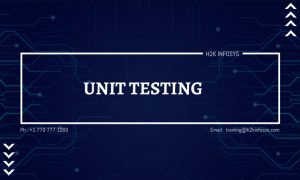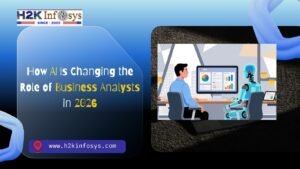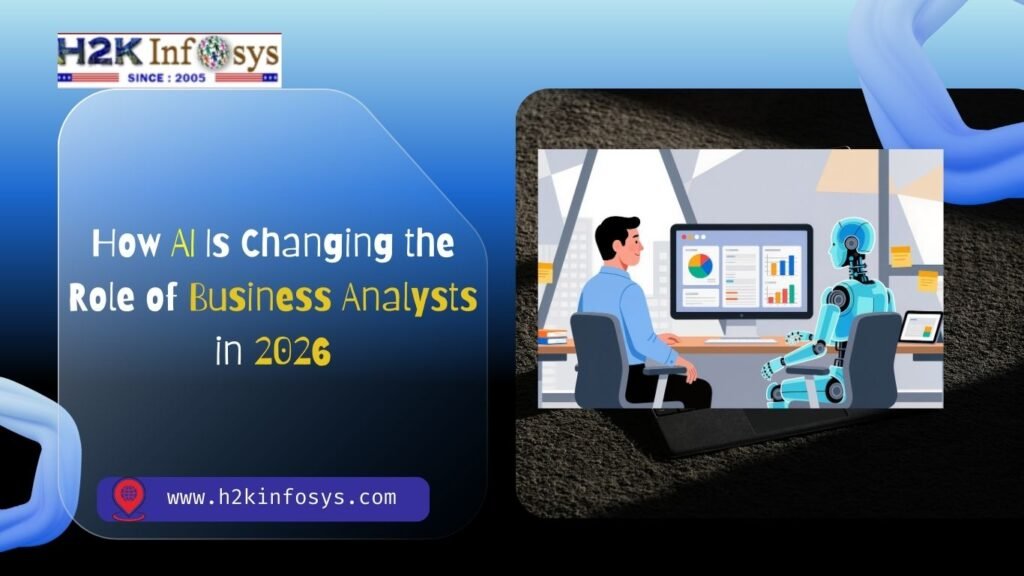The effects of Artificial Intelligence on software quality assurance are very glaring today. Although testing software has always been done manually with human involvement, the process has become easier, faster, and more effective with the use of testing tools and artificial intelligence. This has generally led to the completion of more projects and a reduction in the running costs of these testing. Perhaps, it’s a reason for the massive influx of people enrolling for Quality assurance courses online. In this short article, we’ll be reviewing some of the notable impacts of Artificial Intelligence on the software quality assurance process. Let’s get started right away.
Effective Performance
The traditional method of software quality assurance most times comes with a lot of mistakes and human errors. While this isn’t deliberate, the need to arrive at an accurate result after the testing process determines the functionality and success of the software development process. This also affects the output of workers and may soil the name of the company in extreme cases. But, with the introduction of Artificial Intelligence, this isn’t an issue anymore. Software testers now have an opportunity to rely on the results from the tools used and this comes with precise results. Likewise, the involvement of artificial intelligence cancels out the issue of human fatigue and slowness of the testing process.
Broader opportunities
Unlike before, there are broader opportunities to fill up in the software testing field. Artificial Intelligence has introduced the need for more experts to handle each section of the process. Today, there are jobs like that of a data scientist who uses data to predict the outcome events, quality assurance strategists who have an understanding of how to incorporate artificial intelligence practices into the business line, and others. With this, the work is streamlined to each expert dealing with their specific tasks as against just one person handling the whole process.
Multiple testing processes
Unlike the traditional method that only allows for one or two testing processes at a time, the impact of Artificial intelligence has made it possible to conduct numerous tests simultaneously. with each testing tool, testers can now input numerous test cases and run them simultaneously for results. This helps with achieving the result quickly and reduces the costs of testing as mentioned earlier.
Discovery of Testing Failures
With artificial intelligence tools, testers can now access the causes of testing failures easily. During each process, the results are shown and bugs sighted are dealt with before continuation. This helps with proper documentation for future processes and helps beginners learn from the mistakes of others.
Expanded network
Artificial intelligence has created a channel of learning and interaction for all experts in the field. With this, there is an evaluation of the process, and increased opportunity for learners to meet and interact with the best in the field. Through this, they get hired for internships, and into other junior-level roles after completing the necessary.
Visual-based testing
Another positive impact of Artificial intelligence on quality assurance testing is the opportunity to conduct visual-based testing. This visual testing helps the experts analyze the outcome of the UI and shows the exact result in terms of color, shape, size, etc. This aids easy adjustments before launching out to the public.
Reduced Testing cost
Since numerous testing can now be done using artificial intelligence and its tools, the required cost for each test is reduced. This helps startups save for other important activities while still meeting their goals in software development.
Test Script creation
The introduction of artificial intelligence has also simplified the creation of test scripts. Some AI tools are designed with a feature to automatically create their test scripts. These written test scripts most times are semi-permanent and can be used for other testing processes. During your Quality assurance classes, you’ll get to identify the specific testing tools and their features.
Conclusion
Artificial intelligence has come into the quality assurance process to improve a lot of things. In this article, we have discussed the impact of artificial intelligence on the quality assurance process briefly. Since you have all you need simplified now, it’s a good opportunity to enroll in Quality assurance courses online to get started with the learning process.

























